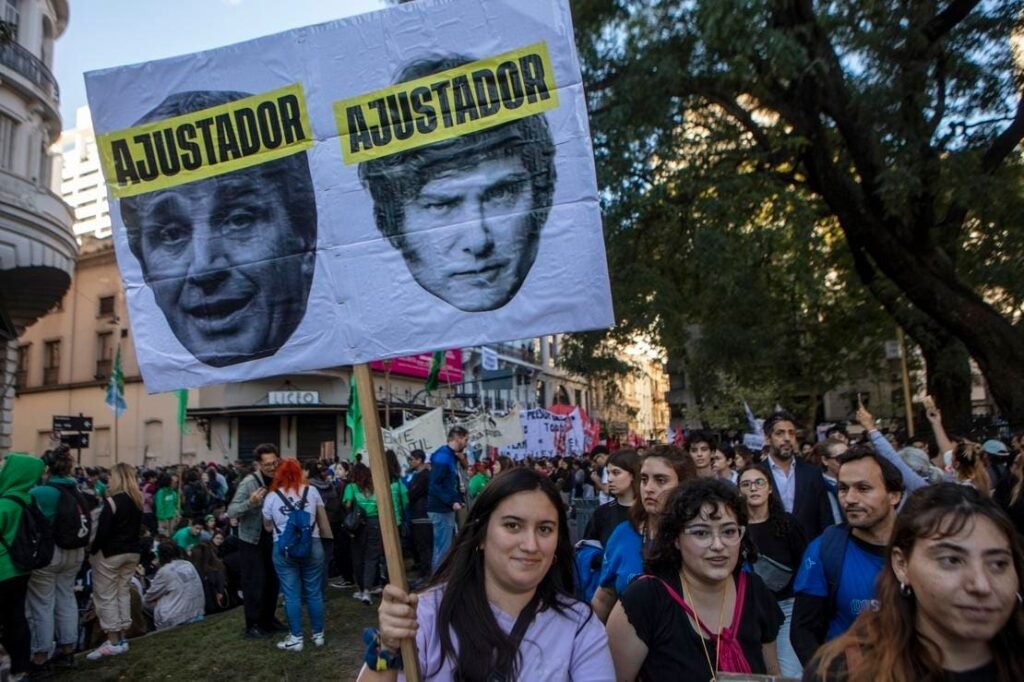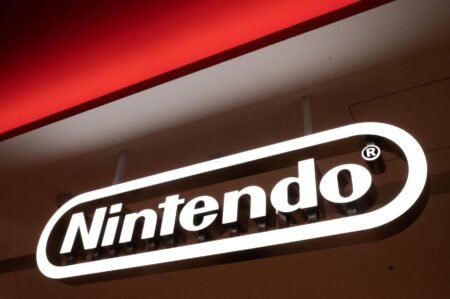Javier Milei, the first libertarian president of Argentina, has a zero-tolerance policy for former friends who have shown a different point of view. Recently, he publicly accused his close associates Teddy Karagozian and Fausto Spotorno of betrayal and expulsed them from the Presidential Advisors Committee, accusing them of attempting to profit personally or failing to impose their own agendas. This harsh reaction to dissent within Milei’s circle has been seen as a way to discipline his cabinet and officials through fear. The president’s sister Karina and advisor Santiago Caputo may also be involved in the purging of dissenters from the government. Notably, certain officials like Economy Minister Luis ‘Toto’ Caputo and Security Minister Patricia Bullrich are considered untouchable, while others are constantly under observation for any signs of disloyalty.
The restructuring of Argentina’s spy agency, now known as the State Intelligence Secretary, under the influence of Santiago Caputo has raised concerns about the use of intelligence agencies for political espionage and extortion. The agency, led by Ariel Waissbein, will also include a Cybersecurity unit, potentially linking it to the digital communications teams in the Casa Rosada. The administration has faced criticism for its economic policies, leading to pressure on Milei and ‘Toto’ Caputo as financial markets react negatively to the government’s actions. The administration has announced interventions in the currency markets to address the peso-dollar exchange rate and inflation, but these measures have been met with skepticism from economists.
The Milei administration is under pressure to deliver economic results quickly in order to maintain public support and credibility. They face challenges both domestically and internationally, including conflicts with regional neighbors and trading partners, as well as political opponents within Argentina. The administration’s aggressive approach to governance, including allegations of market manipulation by banks and interventions in currency markets, has raised concerns about the potential for crisis if their strategies fail. The government’s actions have been seen as a mix of strategic decision-making and paranoia fueled by fear of betrayal.
Overall, the Milei administration’s response to dissent and economic challenges has raised questions about the stability and effectiveness of their governance. The purging of dissenters from the government, alongside controversial interventions in the economy, has sparked criticism and concern among experts and observers. The administration’s future actions will be closely watched to see if they are able to navigate the economic and political challenges facing Argentina.












